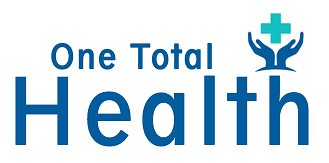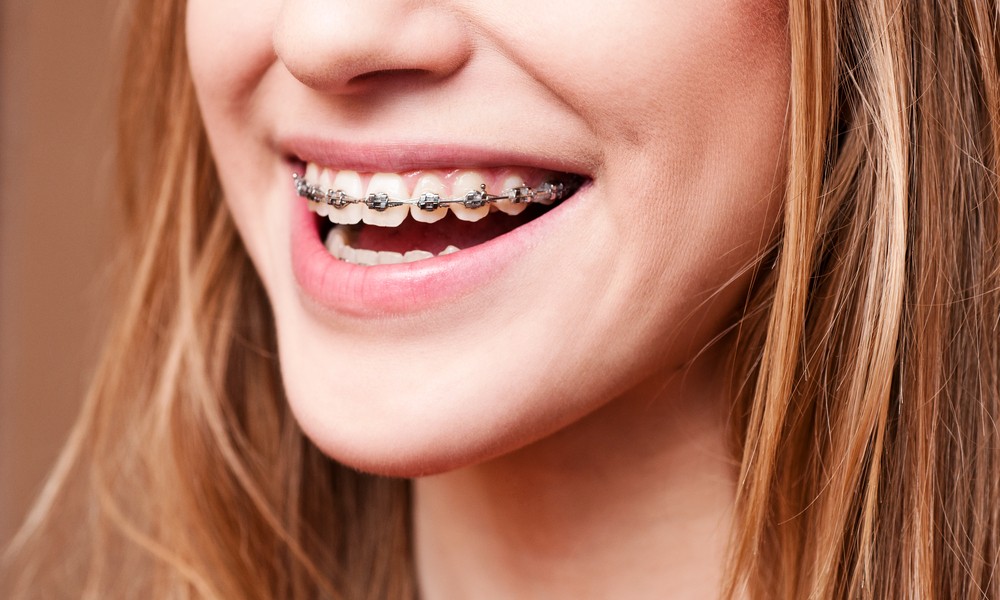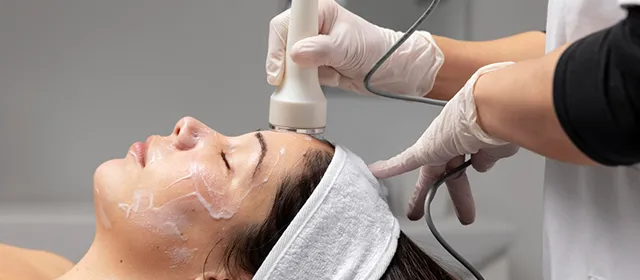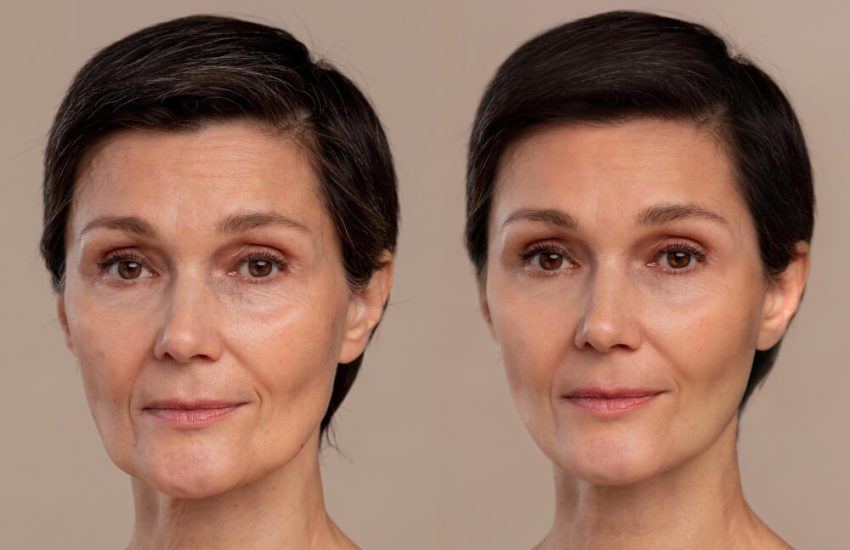How to Care for Your Teeth if You Have Braces
Brushing is crucial especially when you wear braces so that the formation of plaque in the mouth can be avoided. A Livermore dentist said that one should begin with a soft brush and toothpaste containing fluoride. Place the bristles of the toothbrush at a 45-degree angle facing the gums, this will help in cleaning between the braces and gum region.
While brushing, go gently and thoroughly, making sure to get all the surfaces of the teeth. You should take special care in areas around the brackets and the wires by using the interdental brush, it is recommended that one brushes at least twice a day or when one is done with meals.
How Should You Floss If You Have Braces?
Based on the researcher’s experience, varieties of braces prove difficult during flossing except that flossing around braces is very important due to the level of accumulation of food particles and plaque wedged between the teeth. Thread the floss through the floss threader or orthodontic floss underneath the main wire of the braces.
After the floss is inserted, glide it up and down in between the teeth. It is recommended that this be done to each tooth to make sure they are all clean. If this is the case, you can opt for a water-flossing device that rinses using water to flush out the areas around braces that are hard to clean.
Why is Rinsing Important When You Have Braces?
Swishing water containing fluoride in your mouth also keeps the teeth healthy by reducing cases of tooth decay and at the same time freshens breath. Fluoride mouthwash builds the teeth’s exterior and lessens the probability of a cavity, which is beneficial while adhering to braces.
Since this formulation is meant for daily use after brushing and flossing, then it is best used in the morning after showering. Also, that is why it is useful to rinse the mouth with water after each meal especially when you have braces, because then food particles are getting between your teeth and brackets.
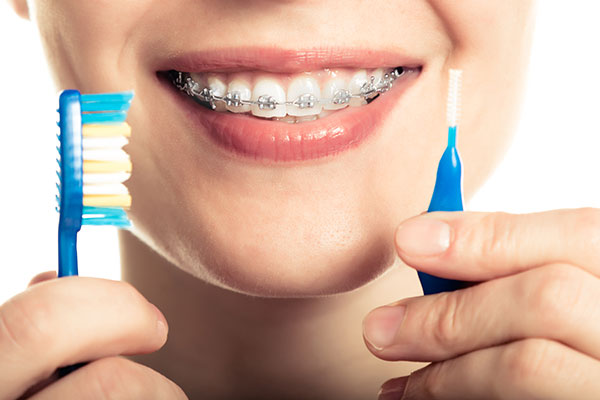
How Do You Exclude Certain Foods That May Harm Your Braces?
There are some foods that are ill-suited for people with braces and consuming them might compromise the braces’ state. Foods that require a firm bite, foods that stick to the teeth, and chewy foods pose a threat to the brackets and wires.
Choose foods that are less likely to compromise a patient’s oral health or those that are easily manageable by a patient with a limited ability to chew food. Some examples of safe foods are soft fruits, steamed vegetables, yogurt, and pasta. Therefore, if you avoid eating hard foods, you will not have to visit the orthodontist many times for adjustments.
What Are the Necessary Check-Ups When Having Braces?
One should not overlook dental check-ups and orthodontist visits are crucial in the overall health of teeth and the correctness of braces. The dental check-up will involve your dentist removing tartar and plaque on your teeth and examining your gums to determine if you have any beginning cavities.
Your orthodontist also prescribes when you should visit them for the turning of screws on your braces and tracking of your progress. Going for these appointments when scheduled prevents any treatments from delaying and tracks to prevent any problems from arising.
Conclusion
Like with any other teeth care protocol, having braces means that one has to be more thorough when it comes to brushing and flossing the teeth which only proves that it is a process that is worth it in the long run. With brushing and flossing, rinsing foods, check-ups, and proper management of discomfort, you will keep your teeth healthy whilst you use orthodontic treatment.
Good care will not only assist you in getting the best results out of your braces but also throughout your dental health. When these practices are incorporated, you are on your way to achieving the perfect beauty and health of your teeth.
